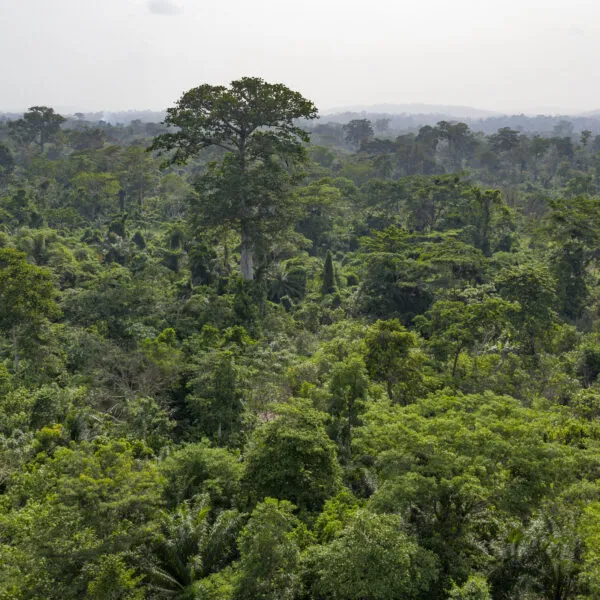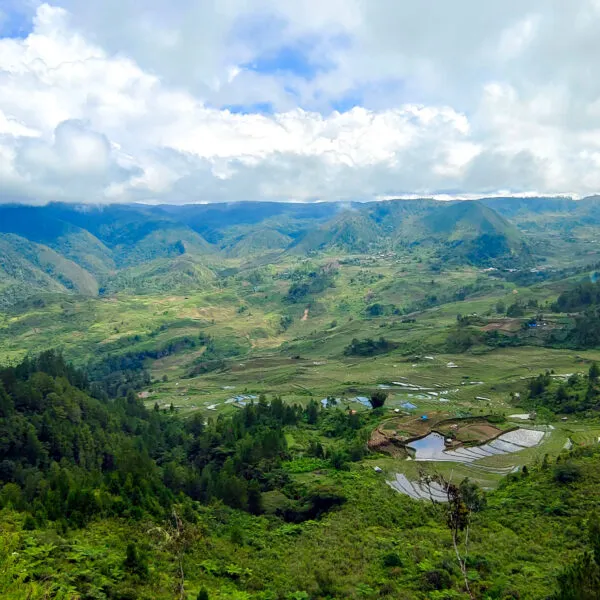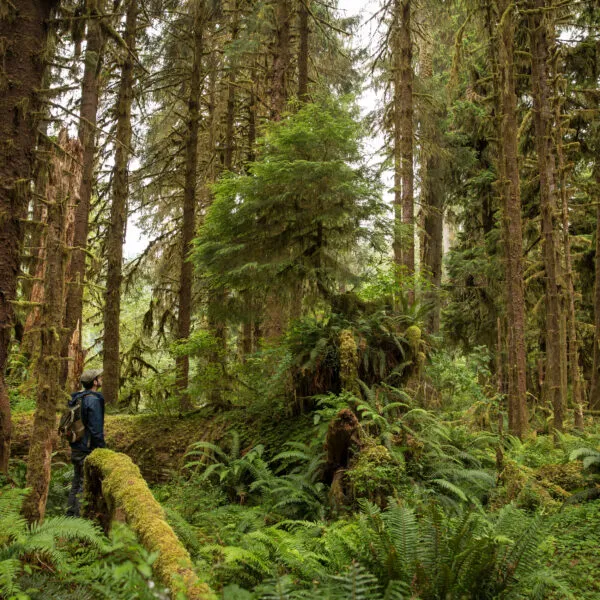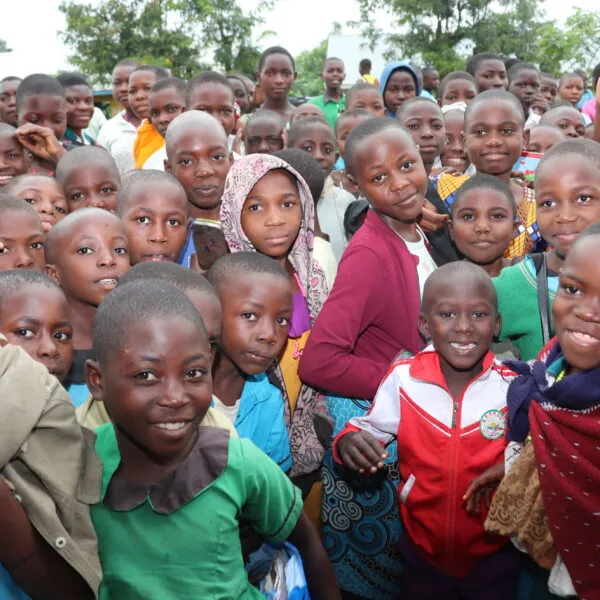The best part of my job as education manager here at the Rainforest Alliance is when I get the chance to work directly with young people—and the 14 indigenous youth I worked with this summer in Guatemala’s Alta Verapaces region were a particularly inspiring bunch.
These young people, all of whom are indigenous Q’eqchi or Poqomchi, are participating in an exciting collaboration between the Rainforest Alliance-led, USAID-supported Climate, Nature and Communities of Guatemala program (CNCG) and the Federation of Cooperatives of the Verapaces (FEDECOVERA is the Spanish acronym). The aim of our efforts is to support these young people in becoming entrepreneurs and business owners—which now, after months of hard work and careful planning with their mentors, they can all rightfully claim to be.
In Guatemala, the rate of unemployment for 15- to 29-year-olds is 4.2 percent—and underemployment for this age group is a daunting 14.2 percent. Moreover, here in the Verapaces region, the poverty rate is among the highest in the country. That’s why FEDECOVERA, a cooperative made up of 25,000 producing families, understands the importance of investing in youth. The cooperative has helped its young people create a cooperative of their own, providing technical assistance and support just like it would to any other. What my colleague Rudy Monzón and I did was to bolster FEDECOVERA’s already-robust youth cooperative with structured business guidance, connections with mentors from the nearby Universidad Rafael Landívar, and help acquiring the socioemotional skills needed for traveling the often-challenging road to entrepreneurship. Two members of our Guatemala team, Ricardo Ávila and Rosa Ligorría, have worked diligently with entrepreneurs and mentors throughout the project.
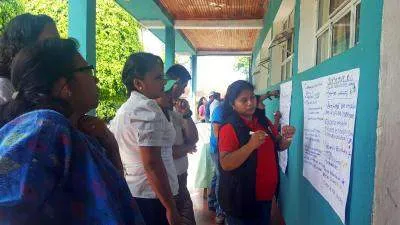
To say that our participants made the most of this support would be an understatement. With $1000 of seed money, each aspiring entrepreneur spent weeks developing his or her prototype. One young woman used her grandmother’s recipe to make chocolate spiced with cardamom; another young woman developed soap from coffee; while a duo created flour from banana, processing and packaging it for sale. They presented their prototypes early in the summer, and just a few weeks later, made their first sales at expos with more than 300 people in attendance and at a national, university-sponsored event that drew crowds of more than 500. It was thrilling to receive text after text with photos of the young people’s booths, business cards, and customers.
“I learned different things, like how to develop a market analysis, create a business plan, calculate my costs, my suppliers, raw materials—all of that,” says shared 22-year-old Martha Elvia Pacay Col. “I have always wanted to have my own business.” And now she, along with her motivated, inspiring peers, not only have their own businesses but have the tools they need to expand them and develop others in the future.

